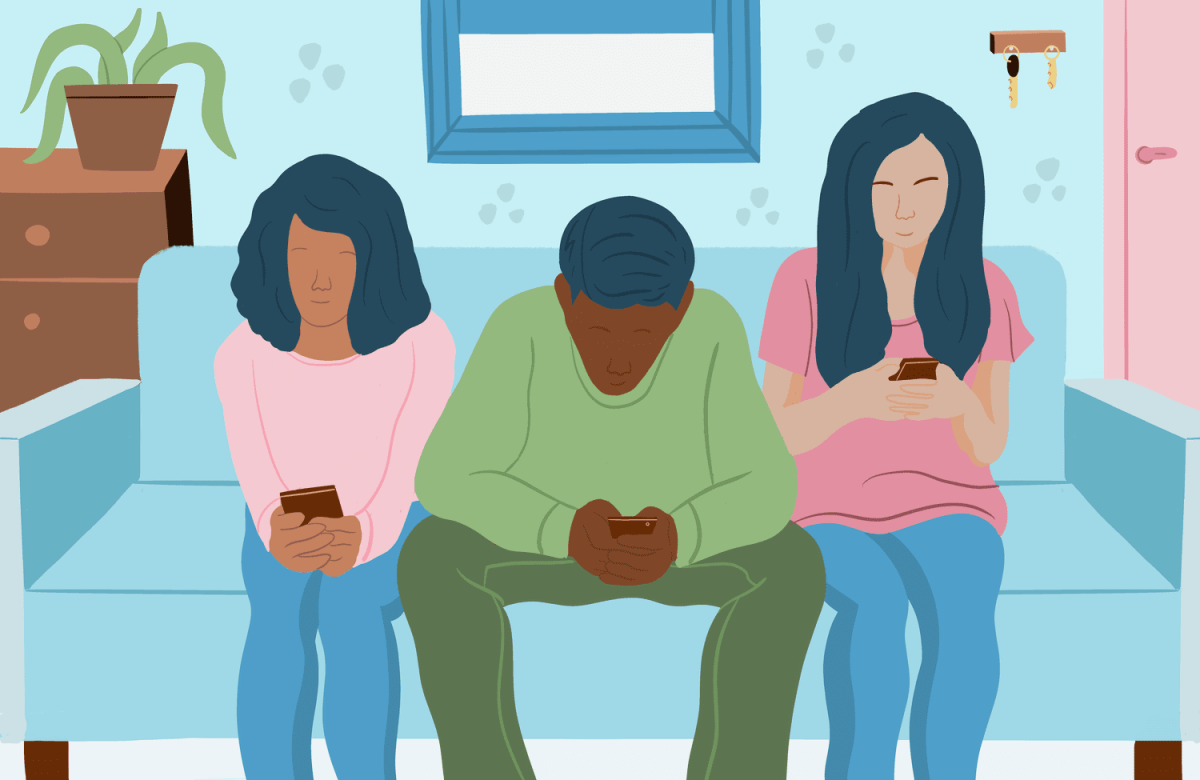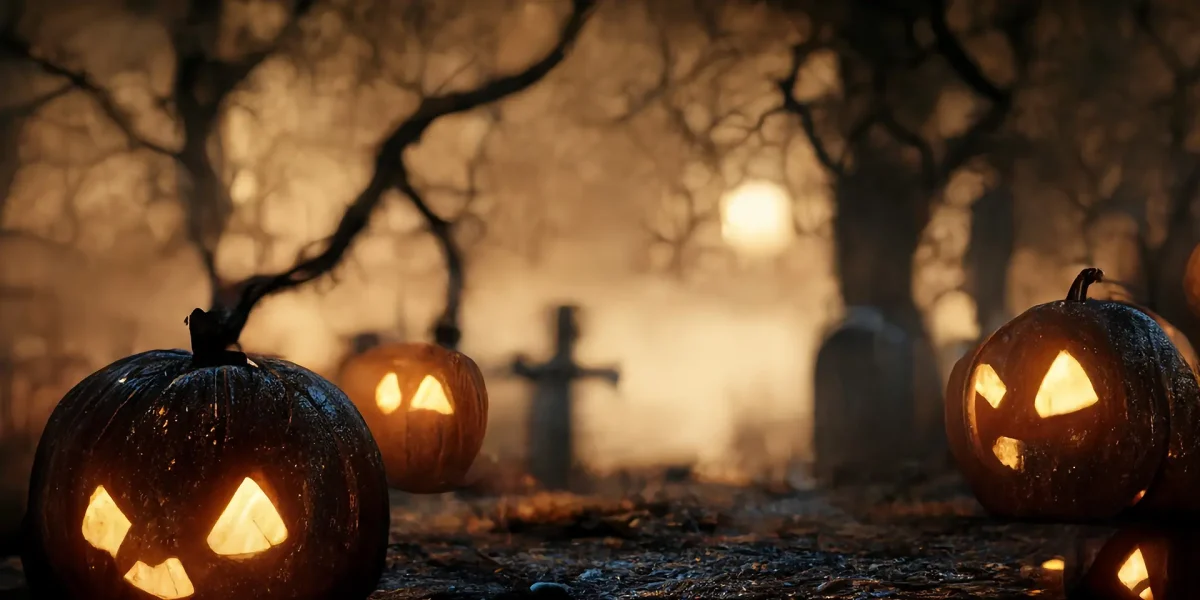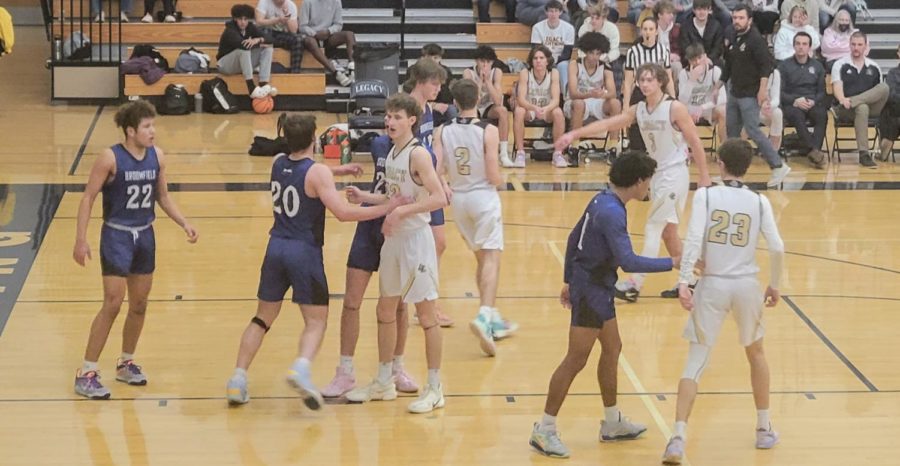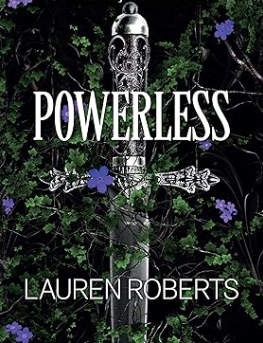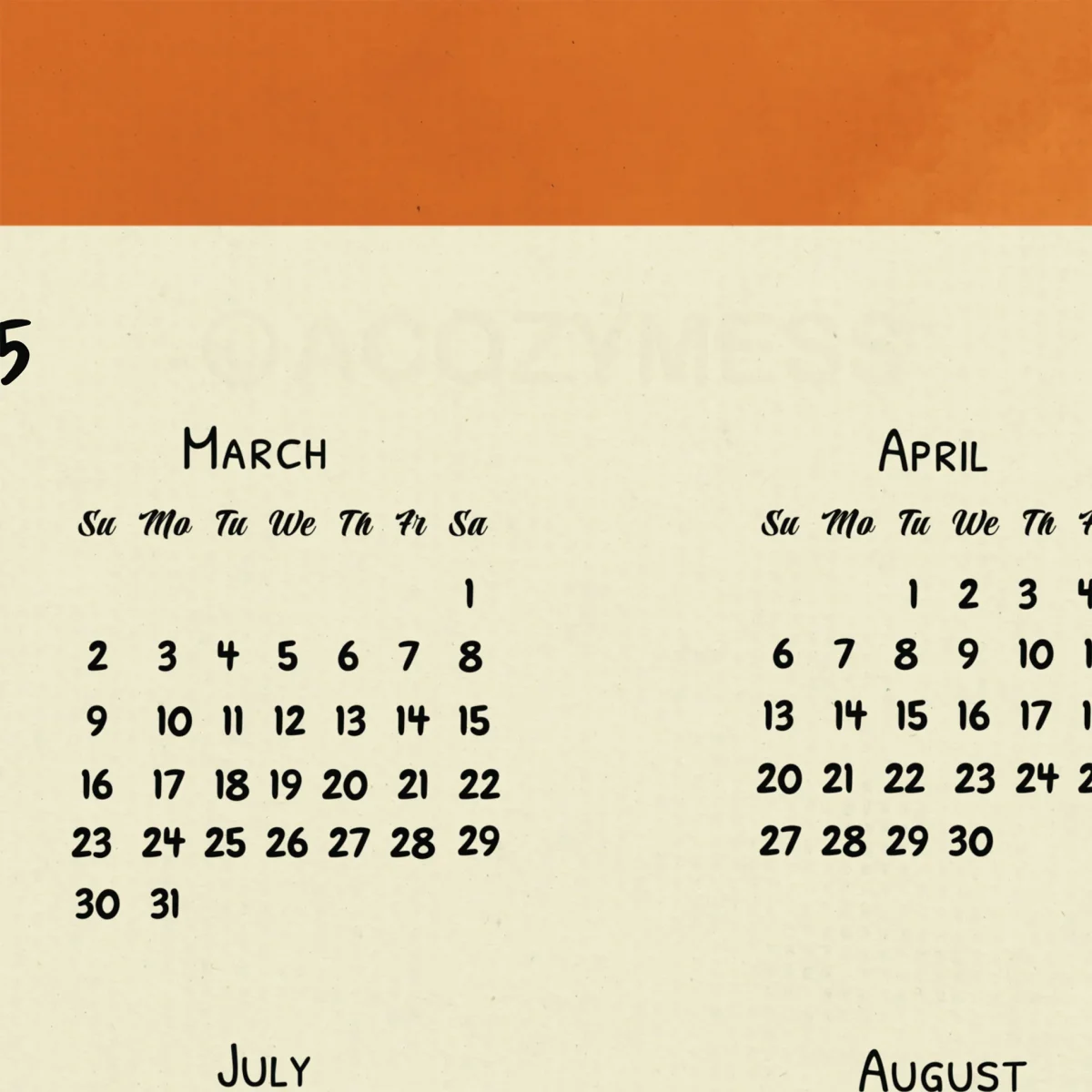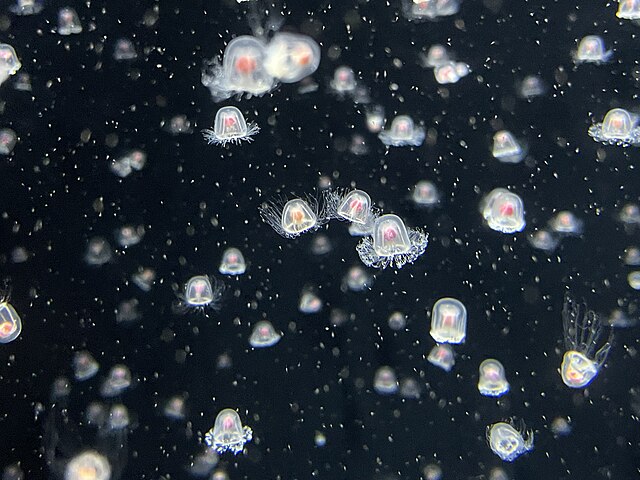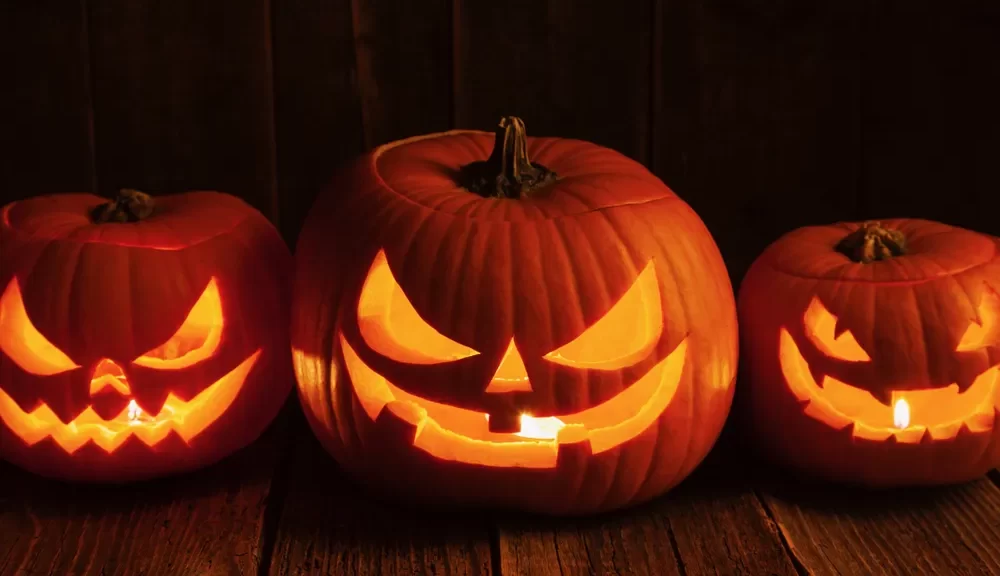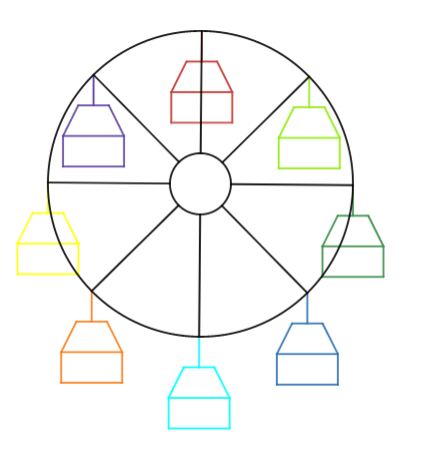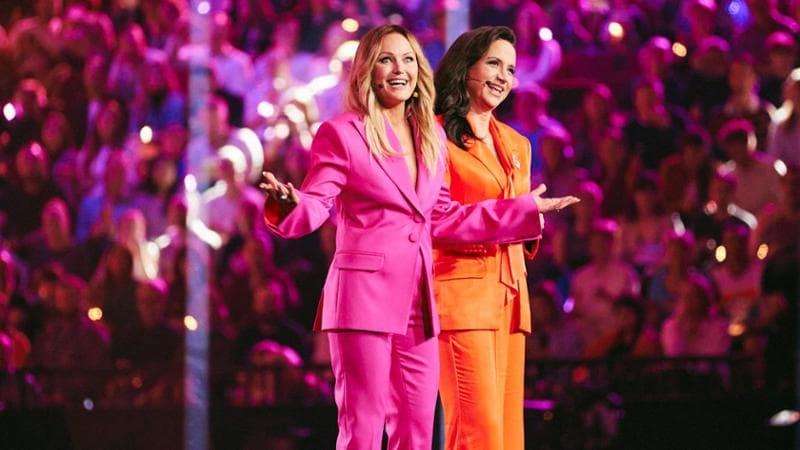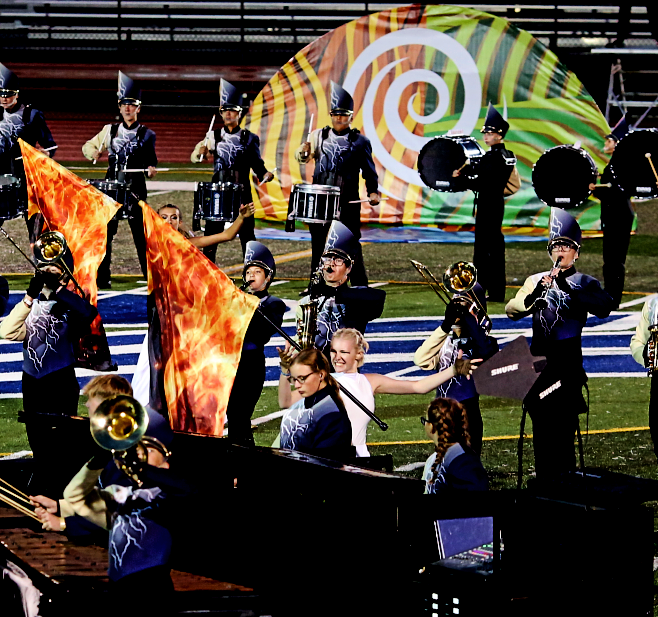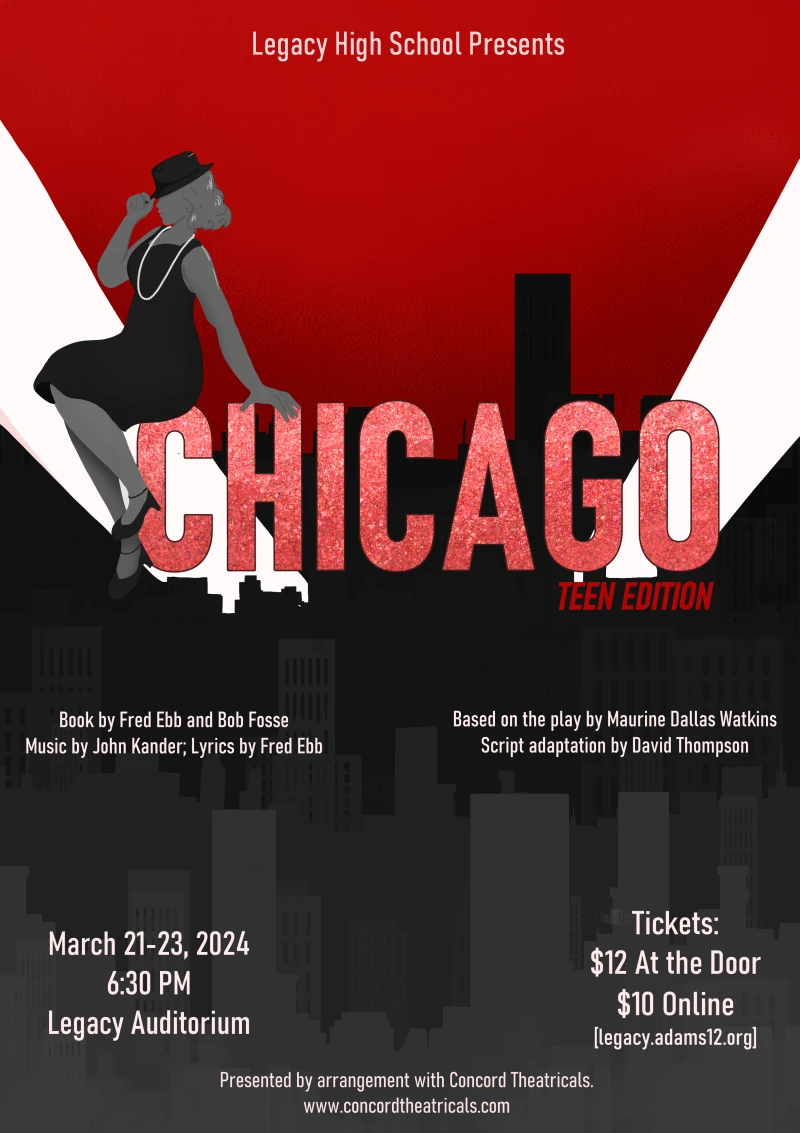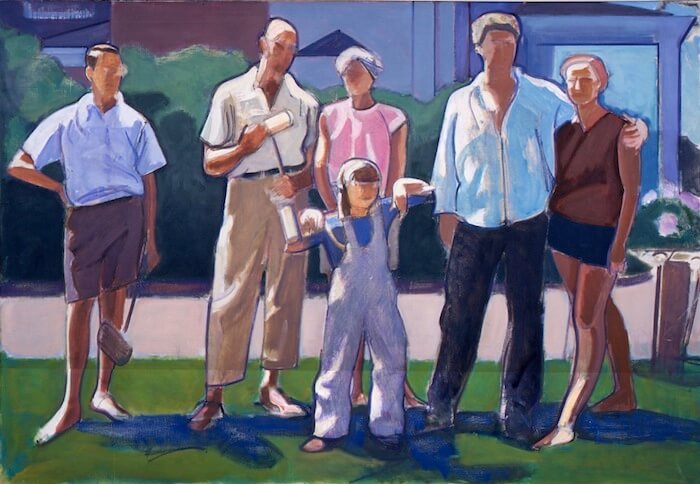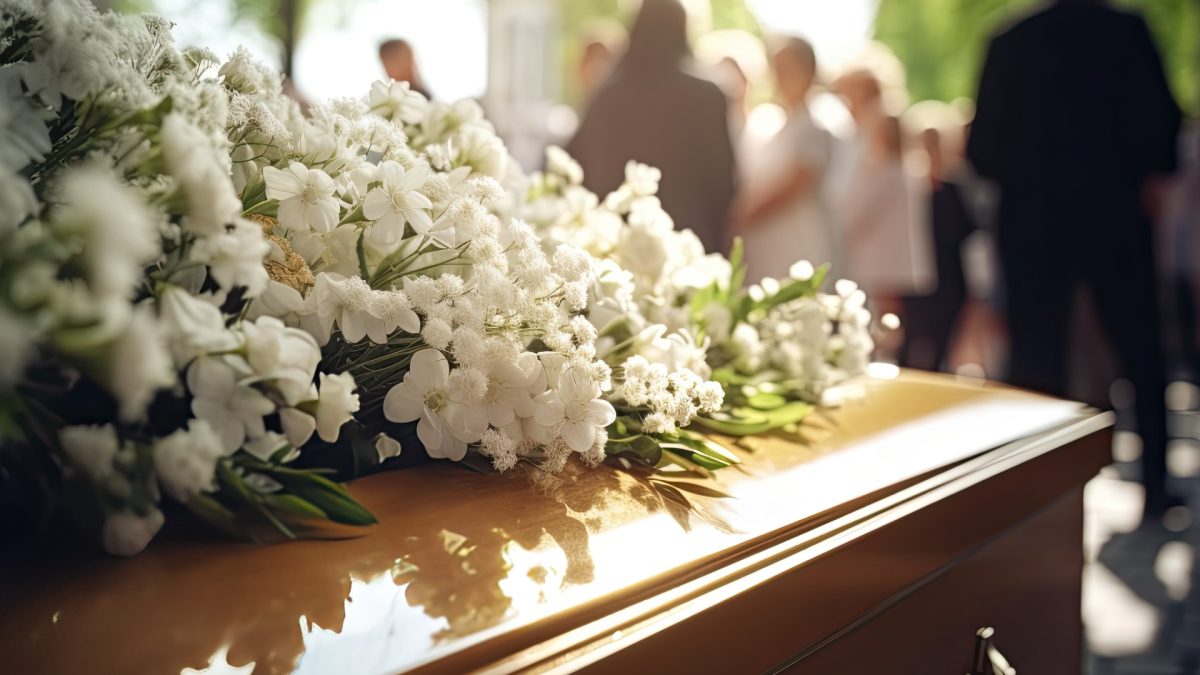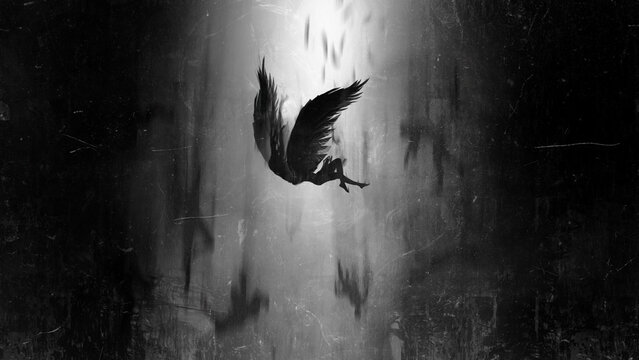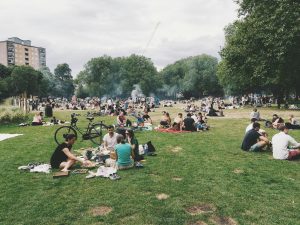Hearts & Souls
Once there was a little girl who loved to read and laugh and play and be happy….
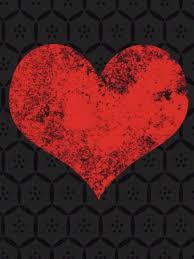
May 17, 2018
She was not so different from any other child, then, except for one very important difference; she had a heart. No children were ever born with hearts – they grew them in, cultivated hearts slowly, learned to be empathetic and kind and brave and considerate after a long stretch of life. But this girl was strange; she had a heart – a tiny, twittering thing, but a heart nonetheless. One that grew and grew and grew as though it wanted to hold the entire world.
And she loved having a heart. The heart loved her. However, it’s not easy, feeling things. Especially when you’re little. At first, everything was grand – the girl made many friends, nice children with the makings of wonderful, big hearts. The girl and her friends did everything together, until they moved away and left her behind.
There it was – the start of a frown, a hairline fracture.
Then there were new friends, new people, new opportunities, like reading, and what a world there was to be found. Books are little paradises, after all, and even the most grim of tomes is an escape into another reality. Novels found their ways into her hands, weaving the most intricate of stories, and she loved them almost as much as her friends. They were a good substitute.
But paper and ink couldn’t replace company, or hold conversations, and after many years she ventured into the dangerous territory of relations once more. To her surprise, most of the people she had met in her youth were sporting real, adult hearts, full of hope and possibility and fiery passions. One of them was a young man who remembered her from school. He was charming, charismatic, kind and compelling, and so she married him.
In a house like a castle they had a life.
She wrote tomes.
He put out fires.
A daughter was born.
Years and years and years slipped by and the woman found that she couldn’t quite remember what her friends used to look like, remember the aching urge to leave that drove her to novels, remember the pains of having a heart amongst the heartless, because she felt fuller than she ever had before. However, nothing can last forever.
Most people would imagine that stars go out with a boom, a catastrophic chasm of light ripping out the skyline. In truth, many die off far out of reach, not with a resounding bang, but with with the faintest of twinkles and the most grand of sighs. They seem small, inconsequential, because nobody notices the fall of a star that is beyond their stratosphere, heart or no.
And yet, stars die all the time. Every single day.
It was in this way that her husband and child left – not with a boom, thunderous and clamorous, but in a fleeting fit of gold. A sparkling light seeping into a windshield, blinding a driver. A car collision set up in the hills, hardly making a sound. This hurt. Tiny, minuscule changes to a life long lived, but significant nonetheless. The girl made a woman died, slightly, that day, as these things often do.
This too will pass , she is reassured. Time heals all wounds. We understand. Her friends meant well, but they didn’t understand the burden of a humongous, impossibly heavy heart, one that had festered since birth. None could possibly know the incredible, ever-reaching pain .
Now they were old, though. They lost, too. To cancer, to age, to uncanny coincidences. She was there for them, and they for her. Worlds of her own creation expertly crafted in prose and promises fluttered around the air, pages and pages crawled out about the intricacies of love, and why people had to.
The answer, after all, is very simple: love makes us human. Love makes us more. Love is the reaper and receiver at the same time – it is the reason for nearly everything.
It is also the reason that the old woman stopped seeing people after even the closest of her companions left the world. Having a heart is spectacular, but only until you get hurt. Until it fractures, until it breaks, until it bleeds. Feelings, you see, are very fickle, venomous creatures – mysterious at best, not to be questioned, utterly unyielding and unapologetic. And though many will tell you not to stuff them in boxes, sometimes letting them out is much more detrimental than stashing them away.
This is what works. This is easiest. The best way not to scald yourself is to never turn on the stove in the first place. And so the old woman and her big heart hid away in their castle, the house she’d lived in for years, the one containing memories and mayhem and, once, others.
After all, hearts can’t be broken if you keep them to yourself.
Once upon a time there was a little prince…
He sat at the helm of a great and hungry table, sitting next to other boys and girls, princes and princesses all in their own right. For isn’t every mother a queen, or father a king, or household a kingdom when you are small and impressionable? All of them had a birthright to be claimed, dreams to pursue, destinies to grow into.
The only problem was, they were all newspaper headline royalties, children with paper crowns and future rulers without palaces of their own. How can one inherit a home, a sense of belonging, when there is none to be passed on?
They were children without queens and kings to govern them, left alone in a big brick building where strange adults shuffled them around. Together they coexisted under the same dreary roof, sleeping in the same enormous room that always seemed too little, too underwhelming to properly hold in their problems. There are only so few ways to hold back loneliness, but this boy had a secret: he had a heart.
Maybe this wasn’t so strange. Orphans, especially, grew the rawest of hearts at the youngest of ages. Still, it was an oddity, though no precautions were taken to hide it.
Thus with a steadily growing heart, new and unwary, the boy navigated the rigors of friendships and relations with other souls beneath the brick roof. He smiled at the grown men and women who passed through their building, who signed papers at the office. One by one, those children and those adults paired up, linking arms and leaving as a family.
He was never chosen. Those friends moved by. He remained, chasing away the sadness through companionship that would eventually get to abandon him. Sometimes he wondered when he would get picked, when he would get to leave as well, holding hands with people he would come to love. He wondered what he did wrong, in order to be born with a heart in a rather unforgiving world.
And so the little prince without a crown grew, month by month, year by year, older but not any less lonely. Even when you wear your heart on your sleeve, if there’s nobody to return to at the end of the day, you’re not truly living.
It is in the following fall that the old woman and the young heir to nothing finally meet.
She was feeling rather nostalgic and embarked on a walk down the road. He was feeling as though his purpose was rather undefined and futile.
The two big-hearted people bumped into eachother during one brisk, windy evening. The leaves brushed by, a winding, tangling knot of amber and auburn within their positions on the branches, and they knocked together and floated away into the cold air with heavy groans as the fall rolled in.
At first, nothing was said. There was nothing to say – the streets were relatively clear, void of life, and the boy was the first person the woman had seen outside so far.
“What are you doing out here by yourself?” she finally asked, tightening a pale scarf tied into a neat knot at the nape of her neck.
“Your parents are probably worried.” He laughed at this – not out of bitterness, but from a depressing sort of resignation.
“You need parents first to have anybody to be worried about you,” he replied instead, kicking a mark in the gravel. “I bet you wouldn’t know about that.”
“I haven’t had parents in a long time, or had a family in general.” The words were both melodiously deep and melancholy, rich with experience. “Everyone I loved is gone.”
Another pause. Another quiet, unspoken contemplation.
And then: “Would you like to walk with me?” The boy didn’t mean to invite her along – the walk was taken in order to clear his mind and get away from the damning brick walls, after all – but she seemed as miserable as him. What else was there to do?
“That . . . that would be lovely,” she said softly, lips drawing out as if she was trying to remember the last time someone had actually asked her to do anything.
“I’ve got a heart,” he found himself blurting out, staring at the ground.
“Just so you know.” It was never a secret, but to say the words out loud seemed freeing, a fleeting pleasure.
“How unfortunate,” she mused.
This was not what he had expected. Not at all.
“What?”
“I’m sorry for you.”
“Why?” he pressed, frowning.
“Life can be a bit of a weight, I’ve found. Feeling gets to be something of a chore after a while. I find it cruel to subject a child to that fate.”
“I don’t mind,” he found himself throwing out, tripping clumsily over the short phrase. With somewhat of an awkward flush, he elaborated. “Having a heart, I mean. It can be wonderful, sometimes.” The old woman shot him a glance, skeptical at best.
“Only until you bruise it,” she amended. “Children don’t tend to understand that part.” “And after you’re bruised, the skin is stronger.”
“It still hurts, no?” A great, stretching calm, unsettling and thought provoking, followed once more.
“That’s one way to look at it.”
“Is that not why you’re out here? Loneliness, perhaps?” No answers were had. “Not so wonderful all the time, I see.” In and of itself, this statement was correct, but it felt wrong somehow. Unsatisfying. His cheeks pinched and his eyes narrowed, flickers of flames dancing inside them.
“Why do you act so -”
“Heartless?” she guessed, finishing his thought. As if in accordance with her voice, the wind between the trees stopped blowing, and her gnarled hands smoothed over her chest. Slowly removing the tarnished lapels of her coat, she revealed the biggest, most ruby red, ever beating heart he had ever seen. It was a wonder that her thin, frail form could house such an extravagant creature, let alone sustain it and keep it safe. “Ah, but you forget: those who are heartless once cared too much.”
“I’m Jay,” he tells her finally, voice wobbly and unsure and very, very young. “It’s nice to meet you.” She extended an old, weary palm.
“My name is Ellie,” came the reply, smooth and velvety despite the hunch in her back and the wisps of pale hair rustling around her head.
“The pleasure is mine, young man.”




